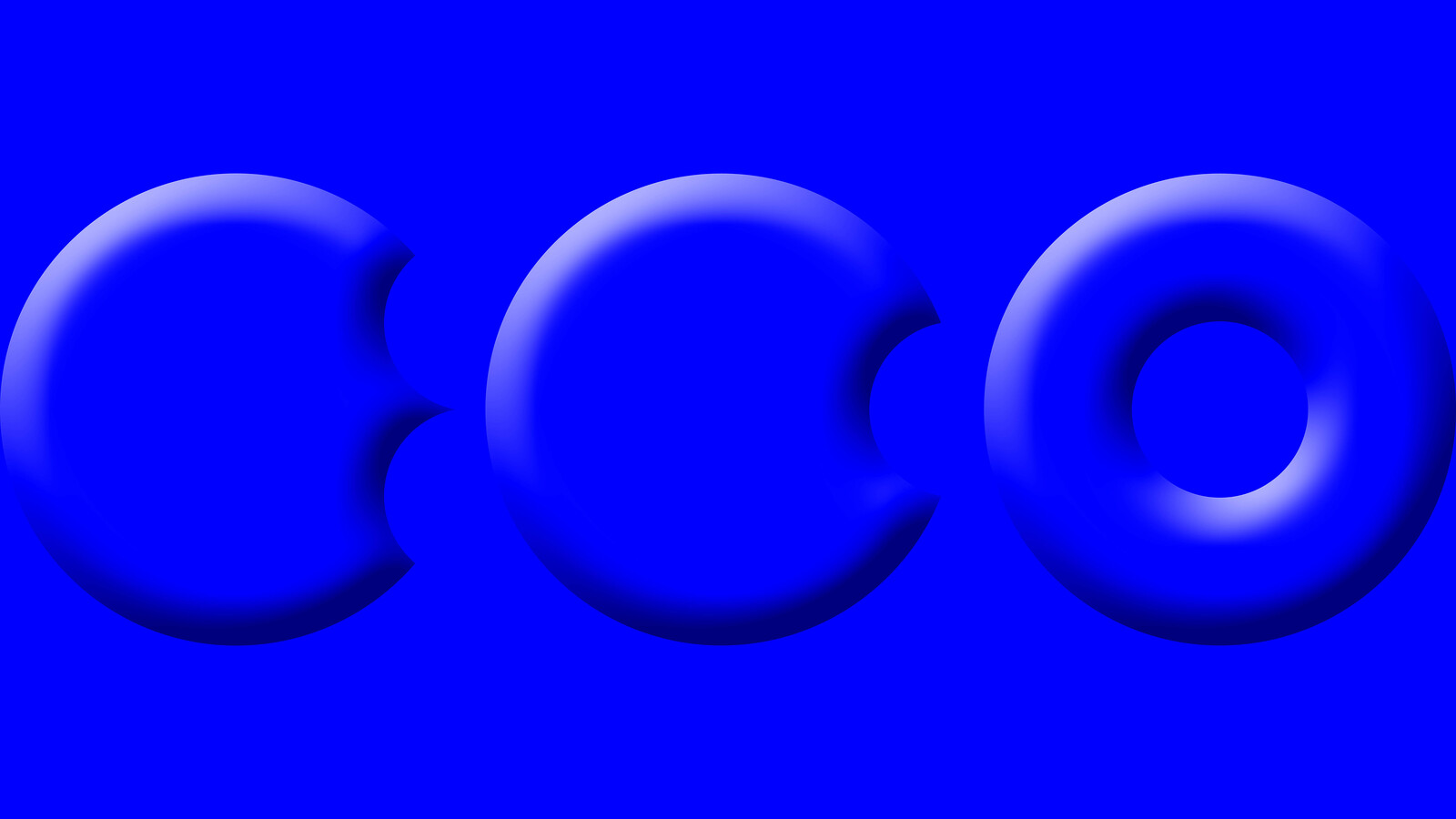Symposium with workshop
October 28–29, 2022, 1pm
The KBH.G exhibition space in Basel was designed by Swiss architects Christ & Gantenbein as a laboratory, a place for experimentation and innovation. The lab is traditionally a scientific workspace. We propose an experiment by crossing the laboratory with the art space, bringing together innovative artists and scientists to initiate a new experimental approach around the theme of ecology, eventually resulting in an exhibition project in August 2023.
The first chapter is a free symposium with workshops on October 28/29 2022 at Volkshaus Basel offering an exchange of brilliant minds, artists, and scientists, who will collaborate in developing new ways of thinking about ecology.
Teams
Sissel Tolaas (artist and scent researcher, Oslo), Christina Agapakis (researcher, Gingko Bioworks, Boston)
Ingo Niermann (artist, Basel), Alex Jordan (Department of Collective Behavior, Max Planck Institute, Konstanz)
Michelle-Marie Letelier (Artist, Berlin), Karin Pittman (Professor of Marine Biology, University of Bergen)
Zheng Bo (Artist, Hong Kong), Matthias Rillig (Institute of Biology, FU Berlin)
Riikka Tauriainen (Artist, Zurich), Meike Vogt (Department of Environmental Systems Science, ETH Zurich)
A project of the Kulturstiftung Basel H. Geiger | KBH.G curated by Martina Huber and Gianni Jetzer in collaboration with Chus Martínez, Director, Hochschule für Gestaltung und Kunst FHNW, Basel and Ocean Space TBA21-Academy
Program
Panels: Friday, October 28, Volkshaus Basel, 1–6pm
1–1:30pm: Welcoming address by Chus Martínez, Martina Huber and Gianni Jetzer
Panel I: Experiments in Science and Art with Christina Agapakis (online), Alex Jordan, Karin Pittman, Matthias Rillig, and Meike Vogt
2:15–3:45pm: 5-minute inputs from the five scientists, followed by a moderated discussion.
4–4:15pm: Break
Panel II: Experiments in Art and Science with Zheng Bo, Ingo Niermann, Michelle-Marie Letelier, Riikka Tauriainen, and Sissel Tolaas
4:15pm-5:45pm 5-minute inputs from the five artists, followed by a moderated discussion. Refreshments and free discussion
The presentations will be streamed live. If you would like to participate online, register to receive the link to the event.
Workshops: Saturday, October 29, Volkshaus Basel, 9:30am–12pm; 1–3:30pm
Workshop #1: The Suiss The Cheese
Sissel Tolaas (Artist and Scent Researcher, Oslo), Christina Agapakis (Researcher, Gingko Bioworks, Boston)
Sissel Tolaas is an artist and olfactory researcher who works exclusively with scents. Together with Christina Agapakis, she created an installation at the Venice Architecture Biennale 2020 that brought the scent of an extinct plant species to life based on DNA analysis. Their new collaborative project is dedicated to the smell of cheese. As Tolaas notes, “We live in a world of total antisepsis and continuous deodorization on a grand scale, corresponding to a worldwide homogeneity of faceless glass buildings. Since not all environmental odors can be pleasant, the consequence may be that we have none at all!”
Workshop #2: How to Feel Like a Fish?
Ingo Niermann (artist, Basel), Alex Jordan (Department of Collective Behavior, Max Planck Institute, Konstanz)
What does a fish think, feel or want? When we look into their still, dark eyes, it is difficult for us to empathize with their experiences, and we can easily dismiss these creatures as trivial or even repulsive based on their appearance and behavior. In this workshop, we will attempt to bridge the empathic gap between humans and the inhabitants of the aquatic world by taking advantage of recent advances in neuroscience, machine learning, and animation to ask ourselves if we can empathize with their wants and needs and perhaps even feel like them. Or might we rather use hypnosis and imagination to discover the fish in us?
Workshop #3: Minding the Water Worlds: On the Ethics of Salmon Aqua Culture
Michelle-Marie Letelier (Artist, Berlin), Karin Pittman (Professor of Marine Biology, University of Bergen)
Karin Pittman and Michelle-Marie Letelier collaborated to develop an ethical role-play addressing farmed salmon’s global exploitation. The scientist-artist duo will present this piece to the audience. Divided into three groups, the participants address ethical issues related to salmon aquaculture, its production methods, and the human-forced settlement of wild salmon in the Southern Hemisphere. Alternating between human and biological perspectives, participants are encouraged to think about issues of ethics from (anthropo-) egocentric and (bio-) ecocentric perspectives.
Workshop #4: Feeling Like Plants in the Age of Global Change
Zheng Bo (Artist, Hong Kong), Matthias Rillig (Institute of Biology, FU Berlin)
The workshop invites participants to connect with plants and think about the factors of global climate change from their perspective (atmospheric CO2 enrichment, warming, drought, nitrogen deposition, herbicides, fungicides, insecticides, microplastic pollution, soil salinization, heavy metal contamination, etc.). The role of various factors of global change is at the core of the practice of Prof. Matthias Rillig at Freie Universität Berlin, while the cultivation of intimate relationships with plants is central to the work of artist Zheng Bo.
Workshop #5: Drifting Into the Plankton Imaginary
Riikka Tauriainen (Artist, Zurich), Meike Vogt (Department of Environmental Systems Science, ETH Zurich)
The workshop will provide insight into personal practices of transdisciplinary collaboration. Meike Vogt comes from an environmental science background and researches the role of plankton in global, marine ecosystems. She gives us insight into how plankton forms the basis for life in the ocean and how it is linked to the Earth’s production of oxygen and carbon sequestration. In her artistic practice, Riikka Tauriainen asks how we can develop an awareness of the life-sustaining networks of aquatic exchange. How can we outline a more-than-human practice and thus create new contacts between human and non-human action? Various storytelling techniques will be introduced, as well as exercises to help us understand what it means to drift like plankton in tides and currents.
Free admission, limited seats, live streaming. Mandatory registration
For more information, contact welcome [at] experimentalecology.art


